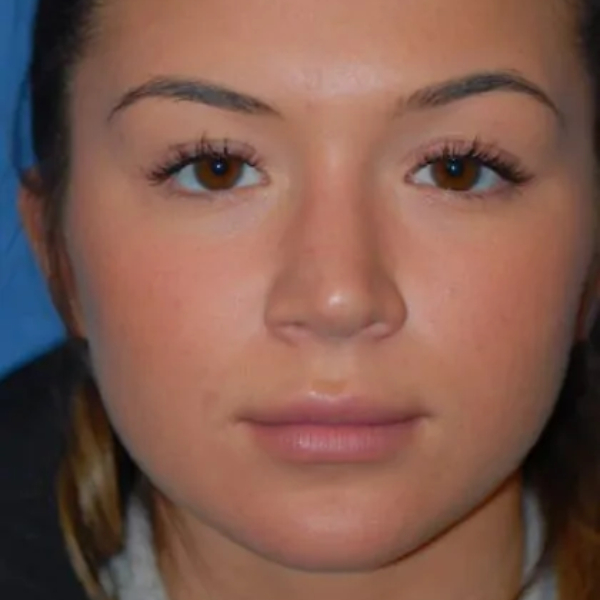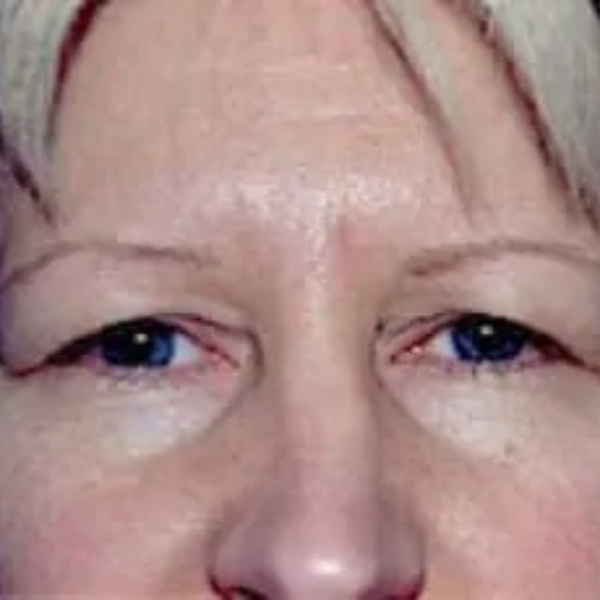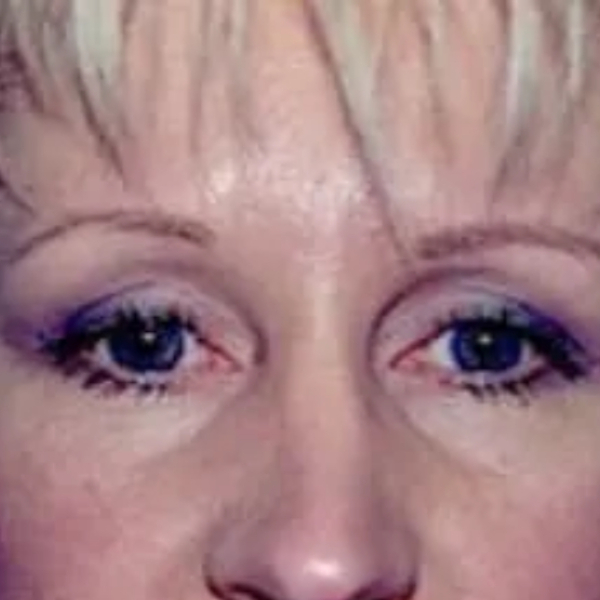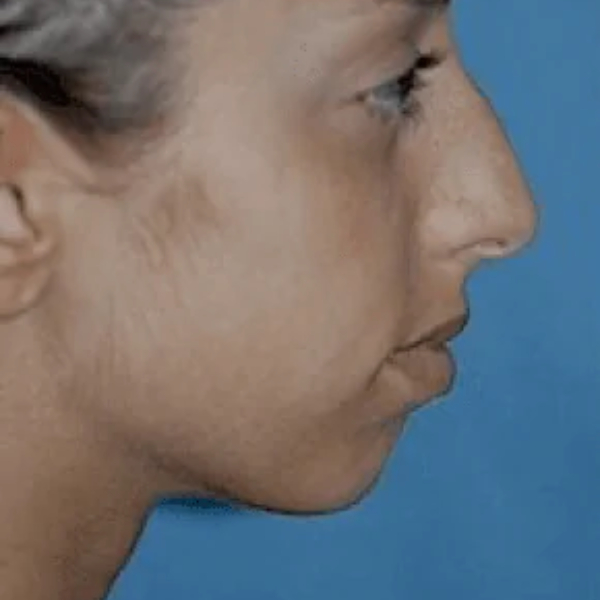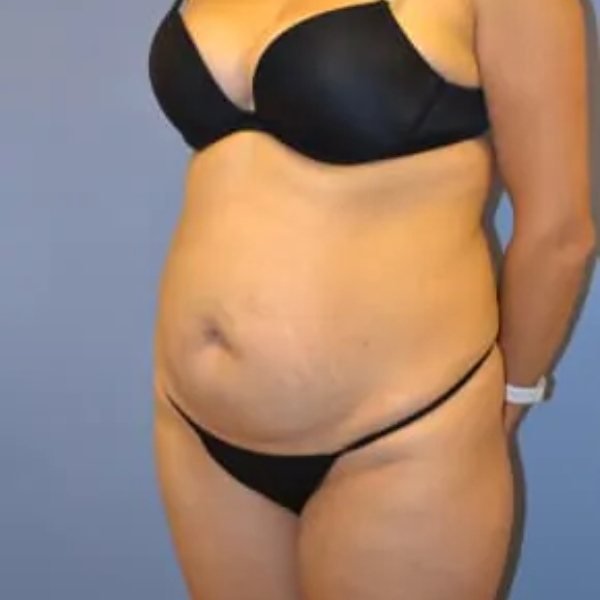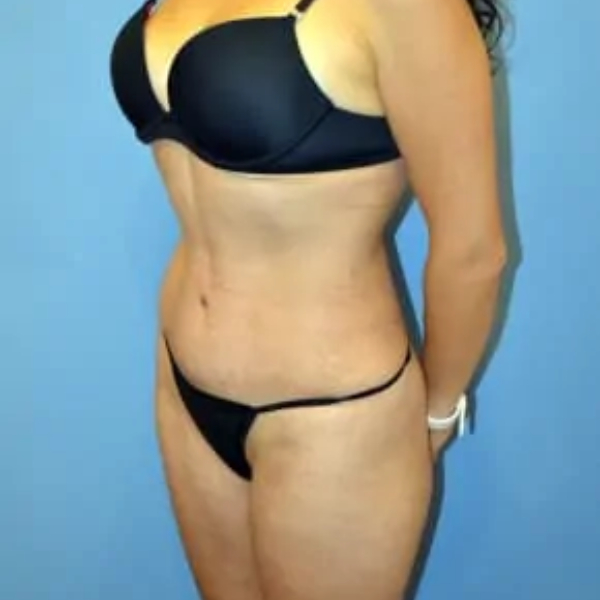Beauty bias. Pretty privilege. Call it what you want, but conventional thought holds that attractive people have an easier time making friends, finding romance, and navigating social settings. Things don’t typically come as easily to people who are considered “average-looking” or outright “unattractive.”
Your looks don’t just have social implications; they also have a direct impact on your finances. Economist Daniel Hamermesh coined the term “pulchronomics” to describe this phenomenon and explore the intersection between economics and beauty. In his research, he discovered that attractive people do tend to have better jobs and earn more money. The more attractive you are, the more academic and professional opportunities you have available, and the more successful you become.
However, beauty bias isn’t quite that simple. In fact, it isn’t inherently or universally positive — even for attractive people. Here’s what you need to know about beauty bias, pulchronomics, and how they may be impacting your professional life:
Contents
Lifetime Earning Potential
If you’re perceived to be conventionally attractive, you have a higher lifetime earning potential. Using data from the 1970s, Hamermesh discovered that attractive individuals could earn 3% to 4% more than their unattractive peers. Given this wage gap, he estimates that attractive people earn $230,000 more throughout their lives.
A 2011 study found a similar link between facial attractiveness and earnings, with researchers determining that attractiveness is “an enduring, positive labor market characteristic.” Both Hamermesh and this study found that attractiveness is more important for men than for women, as women are less likely to work and more likely to be underpaid. They also suggest that conventionally attractive women may be more likely to work — and more likely to succeed at work — than women who are not.
You may not need to improve your facial attractiveness to increase your earnings. A separate study notes that grooming and personality may play a more significant role in wages than attractiveness. When accounting for these two factors, the impact of beauty on earnings was diminished. All three factors likely play a role in your earnings, as the way you present and carry yourself can influence how “beautiful” you appear to be.
Opportunity and Success
To that end, attractive people tend to get more professional opportunities than their less attractive counterparts. This could explain, in part, why they tend to earn more money.
This discrepancy appears to begin during the job searching and hiring process. In an Italian study, researchers discovered that 47% of attractive men and 54% of attractive women were called in for an interview, compared to the 30% overall average callback rate. Similarly, Harvard researchers report that employers believe attractive job candidates to be better, more capable employees.
Once they’ve secured a position, attractive individuals experience more success in their role. The Harvard study linked above also found that attractive individuals are more likely to be confident and have good communication skills. Both of these qualities are thought to improve employees’ interactions with their employers and result in higher pay.
Lowered Likelihood of Discrimination
That being said, attractive individuals may enjoy some of this success simply because they benefit from lookism, or appearance-based discrimination. Lookism typically involves treating unattractive people unfavorably simply because they’re thought to be unattractive; conversely, it involves treating attractive people favorably simply because they’re thought to be attractive.
Though lookism does not have any legal protections in the workplace, it can relate to other forms of discrimination — including sexism, ableism, and racism — that do. Some experts believe lookism may be worthy of legislative attention so it is an illegal form of discrimination in its own right, despite the challenges this may present.
Pretty people also have the privilege of turning a blind eye to other forms of discrimination. In an analysis of five studies, researchers determined that people who believe themselves to be attractive tend to care less about inequality, discrimination, and other social issues. However, these studies only focused on subjects’ perceptions of their own attractiveness, not how others view them.
The Ugly Side of Beauty-Based Discrimination
Lookism doesn’t always benefit the beautiful. A 2018 study determined that employers are unwilling to give attractive people less desirable jobs. This includes positions such as housekeeper or warehouse laborer. This could be because employers believe attractive people shouldn’t be subject to unpleasant jobs. While this may not seem like a negative phenomenon, it could hurt attractive individuals who are low-income and more likely to seek out this type of employment.
Further, employers may be more likely to adhere to gender roles for their attractive employees. This is especially true for women, who may struggle to secure employment in traditionally masculine jobs, such as those in positions of power, engineering, or the construction industry. This bias could harm women who seek employment in these traditionally masculine positions, perpetuating the existing gender wage gap and sex-based discrimination.
In some instances, unattractive people may have an easier time succeeding in the workplace than their pretty peers. Because employers believe attractive people to be more capable employees, they may have high expectations for their job performance and feel disappointed when those standards are not met. Unattractive employees, on the other hand, may be able to impress their employers more easily with their performance.
Overcoming Beauty Bias with Confidence
Of course, looks can only get you so far. Some researchers (such as those in the previously referenced Harvard study) maintain that confidence plays a more significant role in hiring and employment than beauty does. Regardless of what you look like, it may be worth taking the time to boost your confidence — and, by extension, your performance at work. There are several ways you can do so, including:
- Making eye contact when speaking with others;
- Being an active listener;
- Improving your posture;
- Smiling.
Even if you have to fake it until you make it, these simple actions can make you seem more confident, competent, and capable in your workplace.
If it feels appropriate, you can also focus on updating your appearance. You don’t need to do anything drastic; something as minor as expanding your wardrobe or getting a haircut can have a big impact on your self-esteem.
However, if it would help you feel more comfortable in your body, plastic surgery is another viable option. A minor procedure, such as an eyelid lift or skin resurfacing, can give you a confidence boost without dramatically altering your appearance. As long as you have realistic expectations and you’re doing it for the right reasons, plastic surgery may improve your confidence and overall psychological well-being.
Whatever you do, try not to focus on living up to an arbitrary, conventional beauty standard. Attempting to conform to beauty standards is unlikely to improve your confidence and may ultimately lower your self-esteem. What’s more, certain trends can be dangerous for your health if you aren’t careful. At the end of the day, boosting your confidence and being the best possible version of yourself is the most important and impactful thing you can do.
Eliminating Beauty Bias in the Workplace
Employers also have a responsibility to overcome beauty bias in their workplaces, especially in their hiring practices. There is no single way to accomplish this goal, but the following practices may help you reduce the influence of beauty bias in your workplace:
- Be Aware: Being aware of beauty bias is a critical first step in overcoming it. Reflect on your own biases and how they may impact you, your employees, and your entire workplace. Recognize when they may be arising in the workplace, particularly if it could impact someone’s terms of employment. You can also teach your employees to identify and recognize their own biases through workshops and training sessions.
- Create a Blind Hiring Process: If possible, do blind candidate screenings during the initial phases of the hiring process. Look exclusively at candidates’ experience, skills, and qualifications to determine who should move forward in the hiring process.
- Use Artificial Intelligence (AI): While AI is not completely free of bias in and of itself, it can be used to reduce bias in hiring. Use an AI tool to screen candidates — again, based on their skills and qualifications — who may be a good fit, and turn away those who don’t have the necessary credentials for the job. Similarly, you may be able to use a blind screening tool so you can’t see their names or photographs until you’ve moved further into the hiring process.
- Create a Committee: Beauty is in the eye of the beholder; everyone has different preferences when it comes to others’ attractiveness. With a committee of multiple individuals, it’s less likely that a single person’s bias will impact the hiring process. Try to find a diverse group of individuals with unique opinions and perspectives for maximum impact.
Like with other biases, it can be difficult to eliminate beauty bias completely. With both employers and employees making an active effort to address and overcome this bias, we can take a meaningful step to reduce the prevalence of pulchronomics in the workplace.

